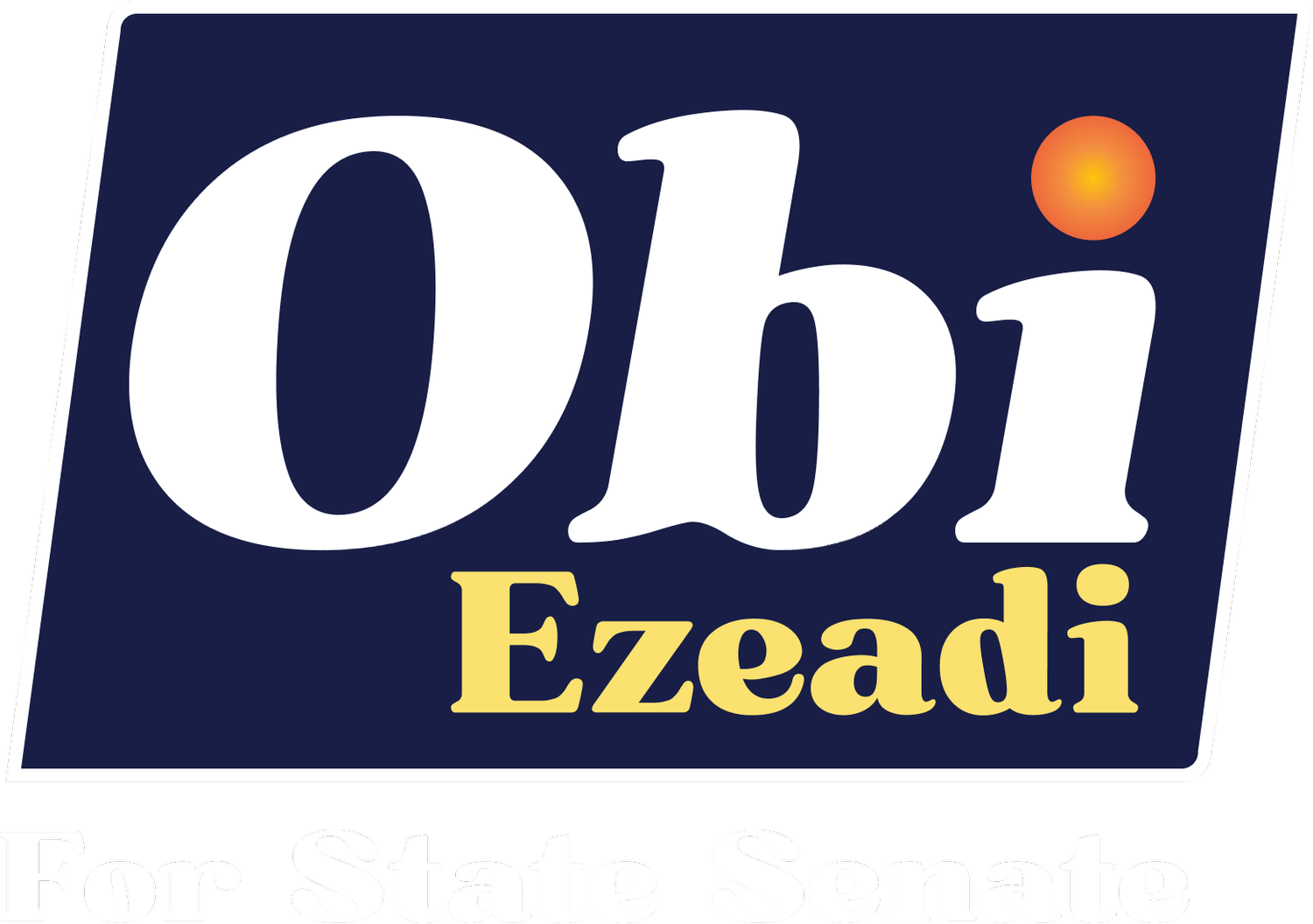Thoughts on Student Loan Debt
Did you know that over $100M in college scholarship funds go unclaimed every year?
It is a strange sensation, but I can only view most memories from my childhood through a lens of powerlessness. Like millions of people, I inherited a birthright I never asked for - based on my income level and color of my skin. Poverty is sticky, intersectional, and pervasive. This limited my access to education, health, and even upward mobility.
So it’s no surprise that when you fast-forward to today, there is one fact that all of my friends know about me. And that is that it’s really hard to exit a conversation with me before I bring up one of these topics: systemic racism, health and education access, and income inequality. Interestingly, student loan debt exists at the intersection of all of the above.
The student loan crisis ($1.7T) affects Westminster, Colorado, and the country as a whole. I believe that all children (and adults) deserve a practical education with equality of opportunity; one that cultivates their unique interests and curiosities, and provides them with social (i.e. capital, supervision), cultural (i.e. membership into social groups) and human capital (i.e. practical skills, knowledge, credentials). But, instead the American education system has become a vehicle for reproducing unequal outcomes across working-class children and more advantaged children. As with most things, the debt crisis is disproportionately impacting people of color and those of fixed or lower income. Black graduates, for example, are more likely to default on student debt than white dropouts.
We need to advocate for President Biden to seize his opportunity to fulfill his campaign promise of reducing student debt. Personally, I would like it to be cancelled. 1 in 6 American voters have student debt. While governments give bailouts and tax breaks to big corporations, our students are left suffering alone and in silence. We need debt-free and tuition-free college. Debt forgiveness will supercharge the economy. It will supercharge the competitiveness of our innovation. And it is the right thing to do.
P.S. if you or someone you know is a current or prospective student, and you want to take advantage of some of that unclaimed $100M mentioned earlier: download these apps (Scholly, HBCU Hub), apply to scholarships through community organizations, build relationships with your financial aid office, and research internships that come with scholarships.

